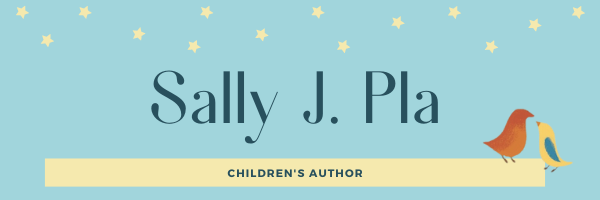
The first time I held my firstborn, mother-love bloomed fierce in me – it was the happiest moment I’d ever experienced. And love kept blooming – within five years I had three beautiful, amazing little boys. They were quite the puppy-pack.
I didn’t worry at all that my oldest was mostly silent, ignored other kids, and preferred to line up toys rather than play with them. We rolled with it. At Christmas, when he was two, I lined up lovingly gift-wrapped matchbox cars in a long row on the carpet. What fun!
I didn’t worry, either, that his little brother only talked about trains. I loved trains too! And after the train phase, birds. We both loved birds, drew birds… hundreds of birds. Every day, we drew birds!
There were other rituals, and eventually, some public meltdowns. There were extreme sensory sensitivities. “He won’t participate in music,” a preschool teacher told me once. “He covers his ears and hides.”
“All those banging drums and cymbals? I’d hide too,” I laughed. Was this a problem? She thought so. All I saw were boys who played and thought and moved and spoke (or not) in their own unique, special, quirky ways.
Why didn’t I see symptoms, when they were very young? In part, because this was twenty years ago, when awareness was much less.
And in part, because I had been this exact same kind of child.
I, too, had lined up/organized toys, gagged at lumpy food textures, rocked and covered my ears, got obsessed with special interests, and felt panicked around others. Childhood was tough. And adolescence? Bad, bad subject. Let’s not even talk about it.
But I’d survived. I’d struggled, but grown into a responsible, independent, adult. My sons would, eventually, too… wasn’t all this within the realm of normal?
Well, “all this” had something to do with autism, in all its frustration and worry and joy.
By the time they were in elementary school, we knew our sons were neurodivergent. But I didn’t receive my own diagnosis until much, much later. Not until after I’d written The Someday Birds. I started the project as a heart gift, a memory of the boys’ childhood, but I’d found that writing it was triggering for me. It put my own memories under the microscope in a way I’d never looked at before.
After much deliberation, I decided to get formally tested. And receiving my adult diagnosis was a huge life-changing event. It answered so many questions, made so many things about my past finally go click-click-click into place.
This has allowed me to speak from a heart-filled place of knowing, to schools and groups all over the world, now. This has been a gift. I can talk about stories, and growing up different. About the anxieties and nervous habits and how to cope. About stimming and self care. About falling under the joyful spell of a special interest. About how ‘all this’ is actually pretty natural stuff. Because autistic behavior is very, very human.
And I talk about change.
That where and who you are, right this minute, is not where or who you will always be. (Kids don’t always remember that!) The small snapshot, frozen in time, that is you today? That’s not you, tomorrow. You will become capable of so many unexpected things — on your own timeline, in your own good time.
For years, I’ve felt guilty for missing some of my own boys’ early symptoms, back in those puppy-pack preschool years. But now, I think that in some important ways, I did them a favor by letting them be themselves. Letting them grow in their own good time. Just loving them wildly, madly, blissfully ignorantly and completely. Just for who they were, just as they were. And are.
No ABA. No traumatic interventions. No one tried to ‘fix’ them. Because they were, are, perfect.
And so are you, my perfect friend.
We are all perfect, and we are all flawed, too, of course. Both things.
We all need grace in our lives. And love, so much love.

